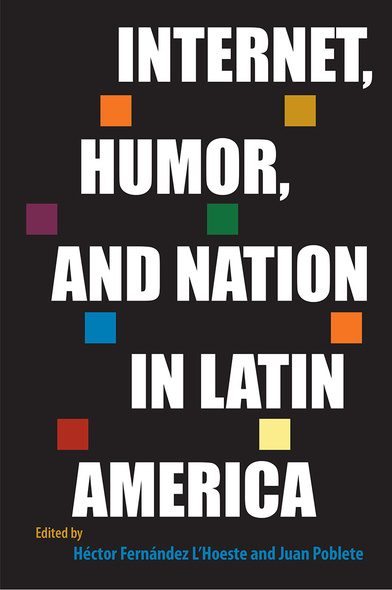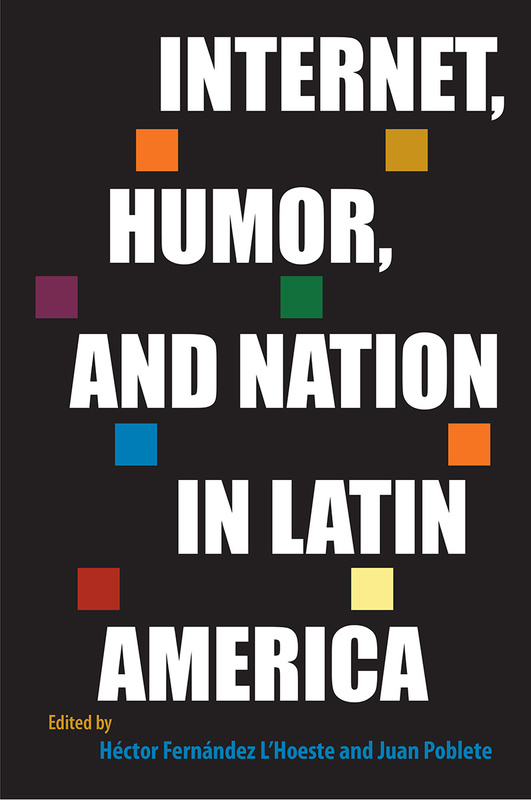
Internet, Humor, and Nation in Latin America
How online humor influences politics and culture in Latin America
This volume is the first to provide a comprehensive Latin American perspective on the role of humor in the Spanish- and Portuguese-language Internet, highlighting how the production and circulation of online humor influence the region’s relation to democracy and civil society and the production of meaning in everyday life.
Several case studies consider memes, including discussions of political cartoons in Mexico and imagery that portrays the mismanagement of natural disasters in Puerto Rico. Essays on Brazil examine how memes are shared on WhatsApp by Jair Bolsonaro supporters and how the Instagram account Barbie Fascionista offers memes as political commentary. Other case studies consider video content, including the sketches of Argentinian comedian Guillermo Aquino, the short-form material of Chilean vlogger Germán Garmendia, and a satirical YouTube column created by journalists in Colombia. Contributors also offer new methodologies for studying the laughable on social media, including a model for analyzing fake Twitter accounts.
Internet, Humor, and Nation in Latin America demonstrates that Internet humor can generate novel means of public interaction with the political and cultural spheres and create greater expectations of governmental accountability and democratic participation. This volume shows the importance of paying serious attention to humorous digital content as part of contemporary culture.
Contributors: Eva Paulino Bueno | Juan Poblete | Alberto Centeno-Pulido | Damián Fraticelli | Juan Carlos Rodríguez | Viktor Chagas | Paul Alonso | Ulisses Sawczuk da Silva | Héctor Fernández L’Hoeste | Alejandra Nallely Collado Campos | R. Sánchez-Rivera | Mélodine Sommier | Fábio Marques de Souza
A volume in the series Reframing Media, Technology, and Culture in Latin/o America, edited by Héctor Fernández L’Hoeste and Juan Carlos Rodríguez
Publication of this work made possible by a Sustaining the Humanities through the American Rescue Plan grant from the National Endowment for the Humanities.
“An important contribution to the study of digital humor, politics, and society in Latin America. The rich comparative essays make clear that the Internet is a complex site of new and enduring forms of humor that engage with critical social issues.”—Reighan A. Gillam, author of Visualizing Black Lives: Anti-Racism and Afro-Brazilian Media
“This collection is the first of its kind, showcasing the rich traditions of Internet-based humor from Latin America. From comedic videos and celebrity influencers to satiric memes circulating on social media, this collection explores how the Internet has shaped the sociocultural function of contemporary comedy in Latin America.”—Nilo Couret, author of Mock Classicism: Latin American Film Comedy, 1930–1960
Héctor Fernández L’Hoeste is professor of Latin American culture at Georgia State University. He is the author of Lalo Alcaraz: Political Cartooning in the Latino Community and coeditor of Digital Humanities in Latin America. Juan Poblete, professor of Latin American and Latino studies at the University of California, Santa Cruz, is the author or editor of many books, including New Approaches to Latin American Studies: Culture and Power.





